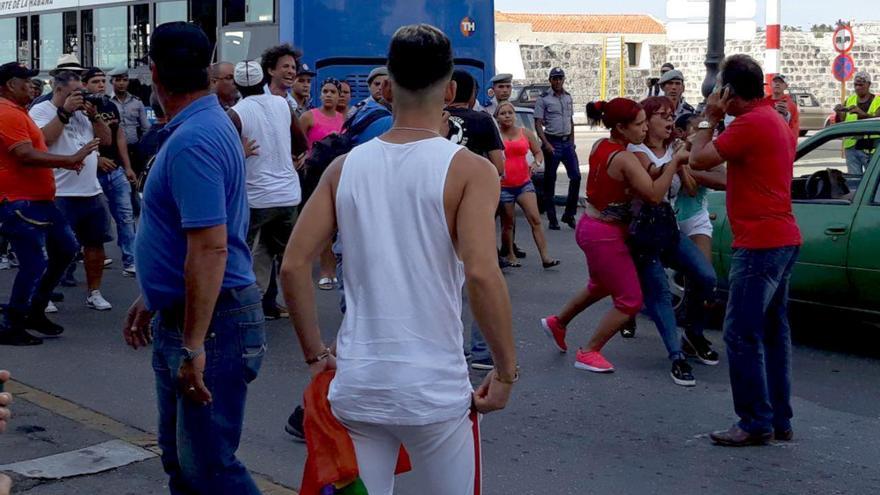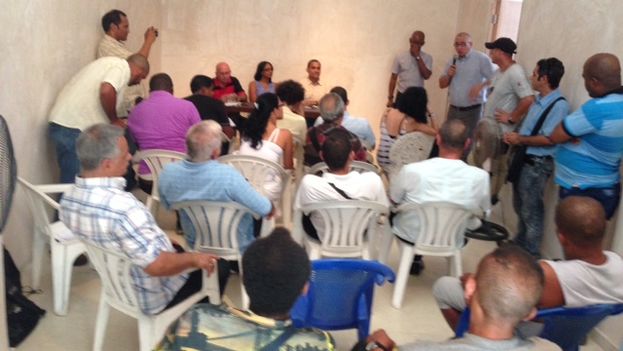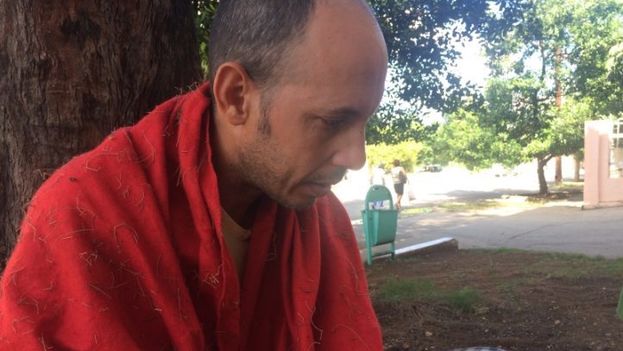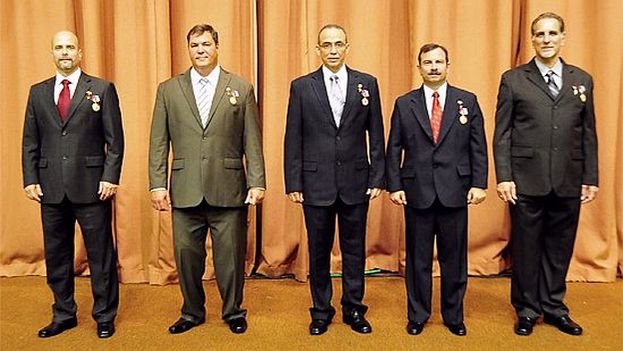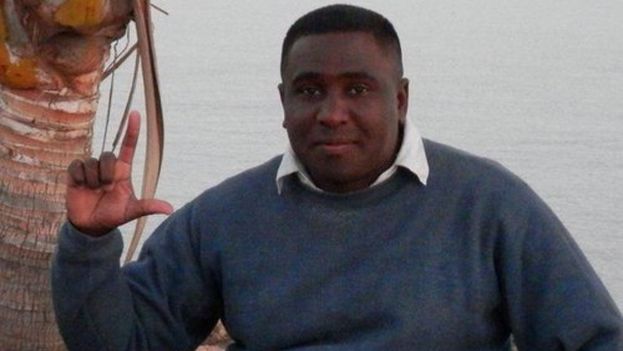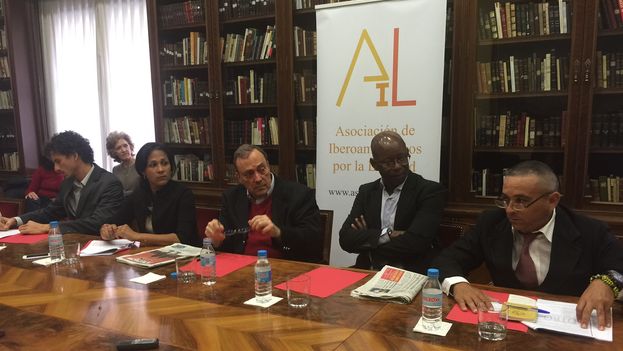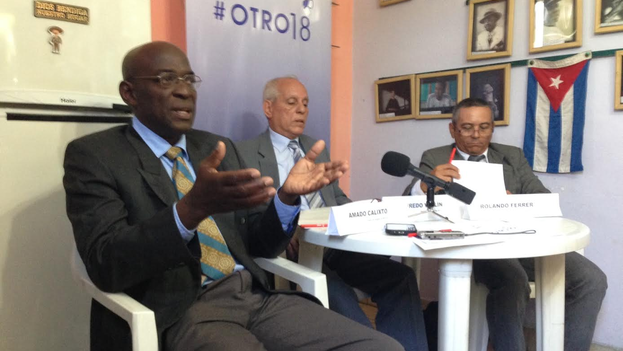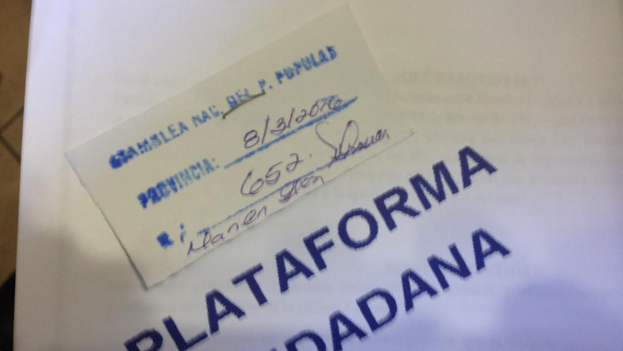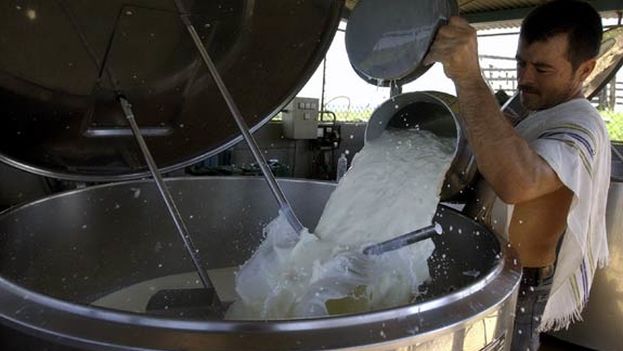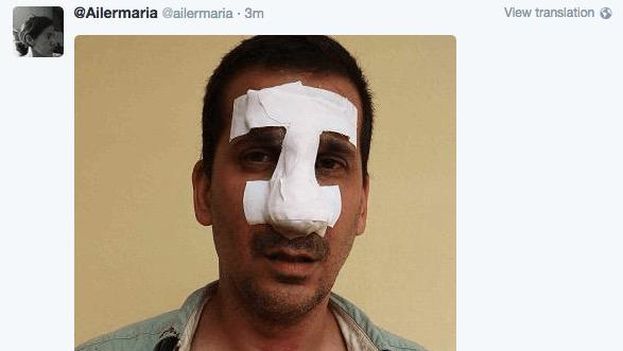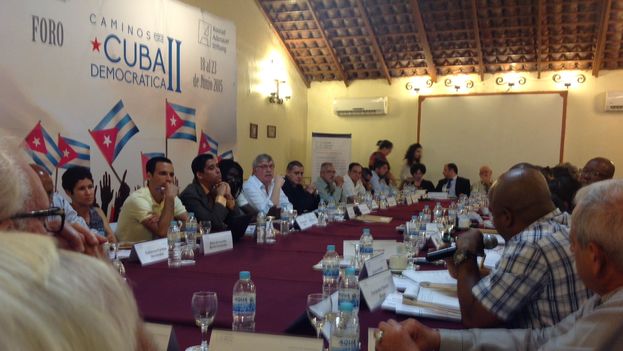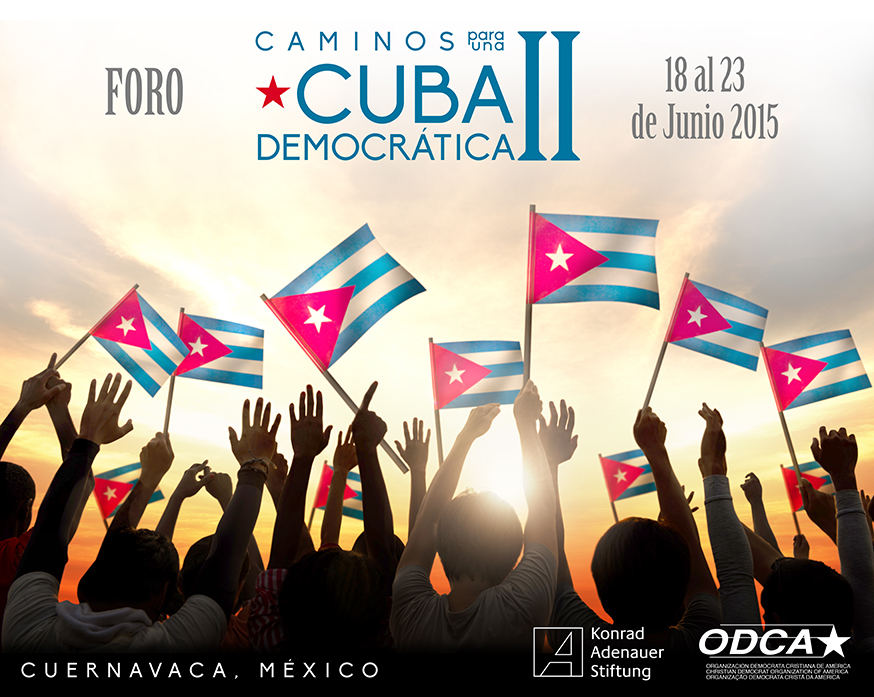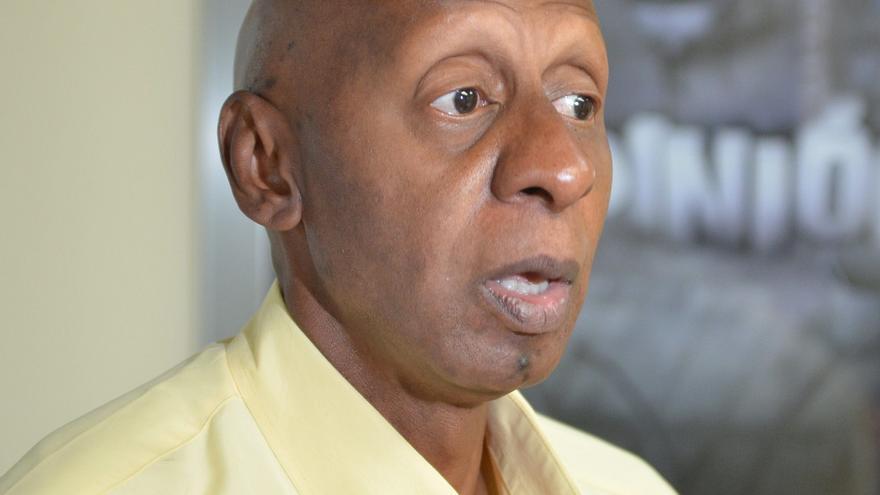
![]() 14ymedio, Havana, 7 February 2020 — Guillermo Fariñas was released this Thursday after spending two days in detention during which he received support from the international community. Despite his release from detention, he will not be able to leave Santa Clara in the next few days, according to the authorities. The opponent was arrested in Santa Clara, where he resides, on Tuesday, when he was leaving for Havana to collect a visa he needed to travel to Europe, where he planned several to attend several events.
14ymedio, Havana, 7 February 2020 — Guillermo Fariñas was released this Thursday after spending two days in detention during which he received support from the international community. Despite his release from detention, he will not be able to leave Santa Clara in the next few days, according to the authorities. The opponent was arrested in Santa Clara, where he resides, on Tuesday, when he was leaving for Havana to collect a visa he needed to travel to Europe, where he planned several to attend several events.
His wife, Wendis Castillo, reported his release and denounced that State Security has warned him that he will not be able to leave Santa Clara until after February 20 since they will not “allow him to sabotage relations between Cuba and the EU.”
David Sassoli, president of the European Parliament, had interceded for him a few hours before asking for his release and joining the voices of several Members of the European Parliament, who spoke out before the Italian. “I call for the immediate release of Guillermo Fariñas, winner of the European Parliament’s 2010 Sakharov Prize, arrested in Cuba. Freedom of thought is a right that no person should be deprived of,” he wrote in his Twitter account. continue reading
The opponent’s mother, Alicia Hernández, was able to visit him the day before to see him and bring him food. “They did not let him leave, he exited the house and went a few steps and they picked him up,” she said.
“They picked me up and brought me back [from visiting him],” she said, adding that her son, “is in good spirits, calm and waiting to be told why he cannot go to Havana,” she added.
The journalist Boris González Arenas was also released this Thursday after being arrested at his home in Havana, according to his wife Juliette Isabel Fernández, who denounced the arrest on Facebook.
“Three men in civilian clothes, headed by the one who presented himself as Captain Pavel of the Police, told him, without even a poorly prepared written citation like the ones they usually present, that he had to accompany them to speak with his superior,” Fernandez wrote.
“Boris had to explain some of his failures to respond to previous subpoenas. Then they violently grabbed him, forcibly removed him from the house and took him in handcuffs. I only managed to demand the second man not to squeeze his neck with his arm. An hour later and our children would have been present,” she laments.
González Arenas was released at 8:00 pm outside the San Miguel del Padrón police station, after being held under arrest for almost eight hours, Fernández told this newspaper.
The Cuban Observatory of Human Rights condemned the detention of the reporter and described it as “violent and arbitrary.” Boris González Arenas, who in addition to being a freelance journalist is a member of the Democratic Action Unity Coalition, has explained that all the citations he has received lacked the basic requirements and did not comply with the law. Sometimes they were badly printed, others are only signed by people without specifying clearly a name and surname.
____________
COLLABORATE WITH OUR WORK: The 14ymedio team is committed to practicing serious journalism that reflects Cuba’s reality in all its depth. Thank you for joining us on this long journey. We invite you to continue supporting us by becoming a member of 14ymedio now. Together we can continue transforming journalism in Cuba.

